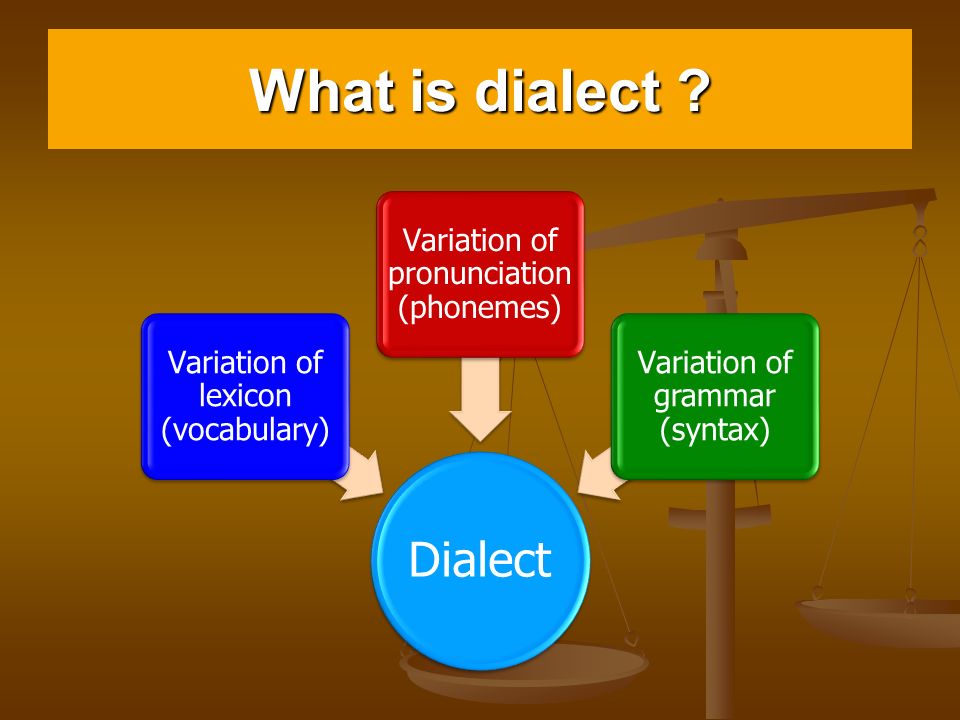Dialect Learning for Kids
The importance of multilingualism and cultural awareness cannot be overstated in today’s globalized world. While many parents and educators focus on teaching children standard languages like English, Mandarin, or Spanish, the value of dialect learning often goes unnoticed. Dialects, which are regional or social variations of a language, offer unique benefits that can significantly contribute to a child’s linguistic, cognitive, and cultural development. Here’s a look at why encouraging children to learn dialects can be a powerful tool in their education and personal growth.
1. Enhancing Cognitive Abilities
Learning a dialect, like learning any new language, exercises the brain in unique ways. It involves understanding different phonetic patterns, vocabulary, and grammatical structures, which enhances cognitive flexibility and problem-solving skills. Studies have shown that bilingual children, including those who speak a dialect, often have better attention control and mental agility compared to their monolingual peers. Dialect learning can help children develop these skills at an early age, giving them a cognitive edge that benefits them throughout their lives.
2. Strengthening Cultural Identity and Heritage
Dialects are deeply rooted in the culture and history of a community. When children learn a dialect, they are not just learning words and phrases; they are also gaining insight into the traditions, values, and stories of the people who speak it. This connection helps children develop a strong sense of cultural identity and pride in their heritage. For families who have migrated or live in multicultural societies, teaching children a dialect can be a way to keep their cultural roots alive and foster a deeper understanding of their ancestry.
3. Improving Social Skills and Empathy
Understanding and speaking a dialect can make children more socially adaptable. Dialects often carry nuances and expressions that reflect the social norms and values of a community. Learning these subtleties helps children navigate different social contexts more effectively. Moreover, being able to switch between a standard language and a dialect can make kids more empathetic communicators, as they become more attuned to the feelings and perspectives of others.
4. Boosting Academic Performance
There is evidence to suggest that children who learn multiple languages, including dialects, perform better academically. This is partly because learning a dialect improves metalinguistic awareness – the ability to think about language as an abstract system. This awareness helps children grasp the complexities of language more easily, which in turn supports their learning in subjects like reading, writing, and even mathematics.
5. Promoting Bilingualism and Multilingualism
Dialect learning can serve as a bridge to learning additional languages. Many dialects share similarities with the standard form of a language, so children who are comfortable with a dialect often find it easier to learn the formal language and even other related languages. This can open doors to more extensive language learning in the future, promoting bilingualism or multilingualism, which are highly valuable skills in today’s interconnected world.
6. Preserving Linguistic Diversity
Many dialects are at risk of disappearing as more people gravitate towards speaking standard languages. Teaching children a dialect is a powerful way to preserve linguistic diversity and keep these unique forms of expression alive. It helps maintain the richness of human language and culture, ensuring that the knowledge and wisdom embedded in dialects are passed down to future generations.
7. Encouraging Critical Thinking and Creativity
Learning a dialect often requires children to think critically and creatively. They have to recognize patterns, make connections between different language systems, and even create their own strategies to understand and use the dialect effectively. This process encourages flexible thinking and creativity, which are essential skills in all areas of life.
Conclusion
Incorporating dialect learning into a child’s education is more than just a linguistic exercise; it is a holistic approach that nurtures cognitive development, cultural understanding, and social skills. It empowers children to become more well-rounded individuals who are proud of their heritage, open to diverse perspectives, and equipped with a strong foundation for lifelong learning. As we strive to prepare the next generation for an increasingly complex and multicultural world, the benefits of dialect learning are clear. It is an investment in the future, one word at a time.






















Post Comment